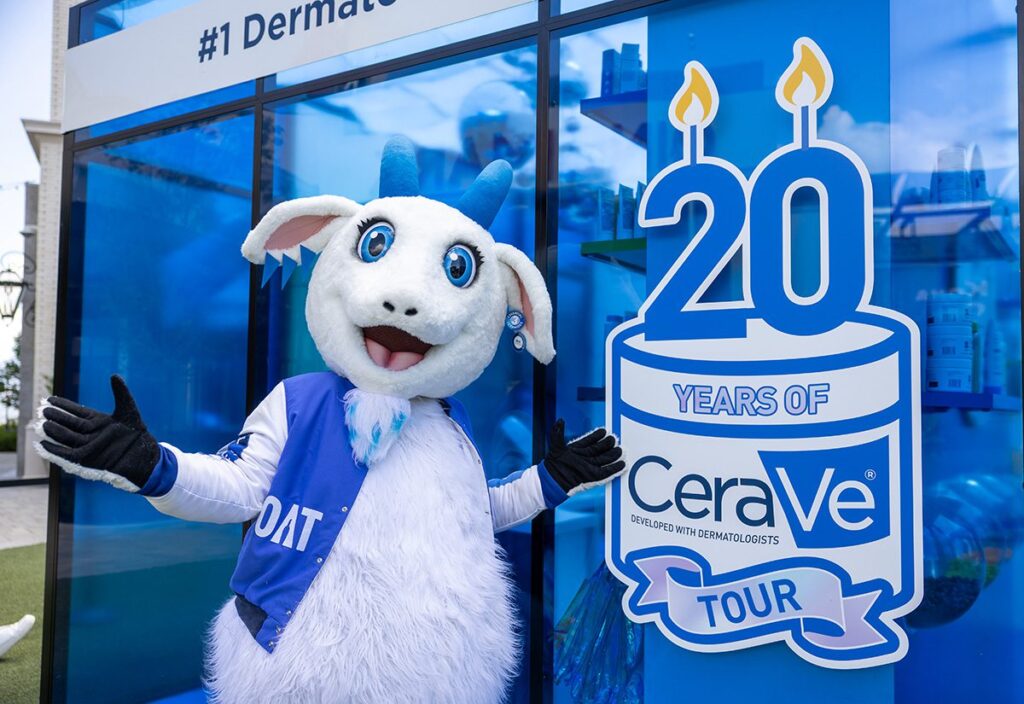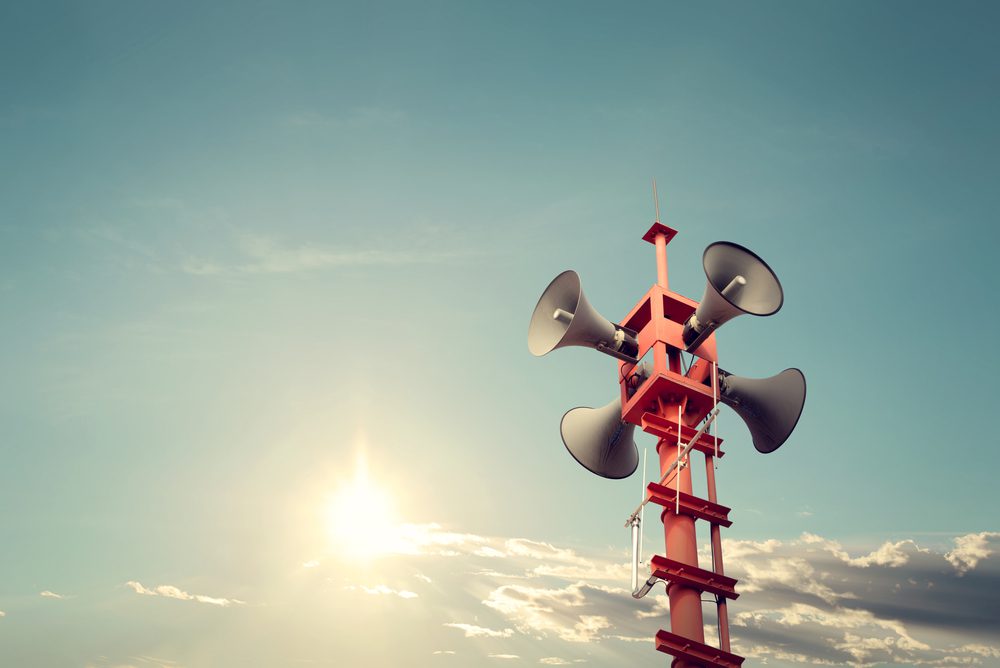Snapple has begun installing vending machines in New York City public buildings after a New York state judge refused last week to block a $126 million deal between the beverage company and the city.
The decision last Thursday, by Judge Richard Braun of New York Supreme Court, followed months of questioning by NYC Comptroller William Thompson’s office surrounding the bid process that led to the deal.
Thompson filed a lawsuit April 21 against the city in a bid to delay the deal, which named Snapple as the exclusive beverage vendor for all city public buildings and as a marketer of the city’s name.
“The Administration sold Snapple the exclusive right to use our city’s name in a backroom deal,” Thompson said in a statement on the day the papers were filed. “Today we are asking the court to ensure that this cannot happen without an open, transparent, public process.”
The partnership, announced in September, called for Snapple to sell juice drinks and bottled water in the city’s 1,200 schools. Snapple was selected over Pepsi, VeryFine and other companies. In the second, more lucrative deal, Snapple was to put vending machines in all 6,000 of the city’s public buildings to sell its iced tea, water and Yoo-hoo chocolate drink. That deal was set to begin Jan. 1, 2004. Snapple bid $40.2 million for the school distribution deal and $126 million for vending in public buildings. Thompson began investigating the deal after competitors complained.
Snapple did not return a call yesterday for comment, however Snapple spokesperson Steven Jarmon has said that the company “followed the guidelines as set forth by the city,” and that the city “told us that there is not a violation here.”
Last November, the comptroller’s office called for the five-year deal to be cancelled and in December, Williams requested an audit of the selection process.
In a four-page letter to Mayor Michael Bloomberg dated Dec. 3, Thompson stated his concerns that the city may have failed to conduct a fair and open competitive process in the award of the Snapple agreement. He said he had directed his staff to audit the Department of Education’s (DOE) process.
He said that vendors were not provided a level playing field as they were told to bid on a different mix of products. For example, Pepsi was asked to give a price structure for fruit juice, water and snacks. Apple & Eve was told to propose prices for fruit juice only, the letter said.
The letter also stated that Snapple did not have a fruit juice in its inventory at the time it was negotiating with Octagon Corp., the DOE’s marketing agent. Thompson also cited conflict of interest problems with Octagon, which does business with Cadbury Schweppes, Snapple’s parent, and is related to Snapple’s advertising firm through common ownership by the Interpublic Group. He said that Octagon had failed to publicly advertise that it was seeking proposals and did not issue a Request for Proposal so other vendors would know the guidelines.
The city expected to generate $1 million in revenues from the deal and was guaranteed $60 million in marketing and promotion value. As part of the agreement, Snapple was to financially support the schools through commissions on sales from vending and via sponsorships supporting sports and physical education programs.
 Network
Network



